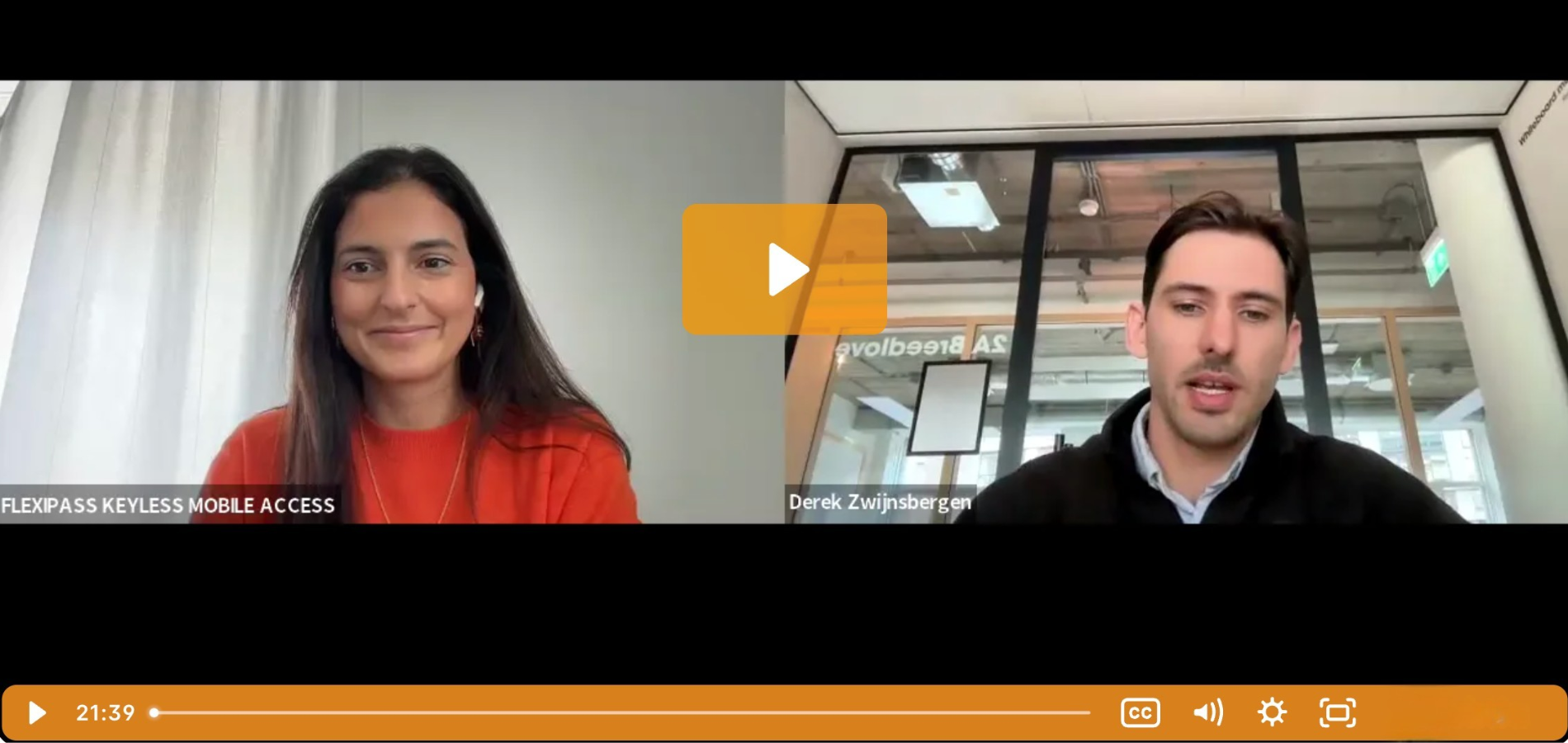Hotel Front Desk: Why Staff Turnover Happens and How Managers Can Finally Solve It
FLEXIPASS #TechXpertise Insight Series
Here’s the thing—2026 isn’t about another lobby refresh. It’s about rethinking the entire check-in moment. The speed lovers get speed, the human-interaction guests get real attention, and your team isn’t drowning at the front desk.
Real Hotel. Real Mountains. Real Results.
AVES Arosa, right in the Swiss Alps, knows what its guests want: to hit the slopes fast. Long lobby lines and slow check-ins totally killed the vibe, so the hotel needed an arrival experience that matched the energy of a mountain getaway. Drop your bags, grab your gear, and go—simple.
Their mission was clear: remove the bottlenecks, smooth out arrivals, and let staff act like real hosts instead of human checkout machines. No more printing key cards all day or running upstairs to help someone who’s locked out. Instead, more time is spent welcoming guests, giving trail tips, and creating the warm, personal moments people remember.
Aves opted to use technology providers such as DropIn and FLEXIPASS and saw an impressive improvement in their check-in process. The check-in friction vanished. The flow clicked into place. And the hotel finally delivered an arrival experience that felt as fast and refreshing as the destination itself.
High front desk staff turnover?
Hotels run hot these days. Fewer people on staff, higher costs every quarter, and guests who want everything faster than ever. It’s a pressure cooker, and honestly, it shows—service quality sometimes slips, teams get overloaded,and operations start wobbling.
And the front desk? They take the hit first. Sixty percent of front desk employees don’t even make it a year . They’re juggling long lines, reprinting key cards, answering the same questions on loop. Guests want speed; staff try to deliver. But the churn just keeps growing.
Turnover isn’t just stressful—it’s expensive. Hiring, onboarding, and training a single employee can cost around $5,000. Losing key cards? That’s another $3,000 to $10,000 a year gone. Meanwhile, plenty of hotels are still stuck with traditional check-in processes. Guests moved on. They’re used to digital everything—fast, mobile, no-paperwork experiences.
So you’re operating in a world where efficiency isn’t a “nice to have.” It’s needed. You need tools that delete manual work, processes that fit a lean team, and tech that helps your staff focus on guests instead of fighting fires all day.
Giving guests control of their check-in journey in 2026
Here’s the thing—2026 isn’t about another lobby refresh. It’s about rethinking the entire check-in moment. Around 70%of guests want a smooth, self-service option. No line. No small talk. No fuss. Just tap a few buttons, grab the key, and go straight to the room.
And when those guests check themselves in? Your staff finally gets time to focus on the other 30%—the guests who do want the smile, the chat, the local recommendations. The people who genuinely enjoy human interaction after a long trip.
Everyone wins: the speed lovers get speed, the human-interaction guests get real attention, and your team isn’t drowning at the front desk.
The 1.5-Second Door Unlock That Changed Everything
For years, digital door access had one big flaw—it just wasn’t instant. Guests stood in hallways waiting for codes to arrive, waving their phones around hoping the reader would notice them. Those tiny delays? They feel massive when you’re tired, cold, or carrying luggage.
Then came the 1.5 to 2-second unlock. Suddenly the door responds right when the guest does—no hesitation, no “is this thing working?” pause, no awkward hallway limbo. It feels natural, almost invisible, which is exactly the point.
Sure, FLEXIPASS and DropIn make it happen behind the scenes, but what guests feel is the magic of immediacy. Derek from DropIn said it best: “Ask them to wait 30 seconds and they run back to plastic keys.” Instant access builds trust. It removes friction. And it finally makes digital access feel like an upgrade.
A Simple Plan for Strong Operations Over the Next Few Years
So here’s the roadmap for the next few years: give guests more digital control, and give your team more time to be human. Most travelers are already comfortable with digital check-in, which means your staff can stop drowning in repetitive tasks. Wallet Keys cut down daily friction even more—no lost cards, no replacements, no constant reprints. And when you layer digital upgrades on top, guests personalize their stay without pressure, while you build new revenue in the background with upsell options and hotel services.
All of this pushes your operations toward something calmer, cleaner, and frankly—much more sustainable. With fewer manual tasks, teams stress less and engage more. Digital workflows smooth out arrivals, reduce mix-ups, and bring consistency to the day-to-day.
And that’s where hotel operations are heading. Automation takes the repetitive stuff. Digital access speeds up every arrival. AI backs up your team with quick answers and extra confidence.




